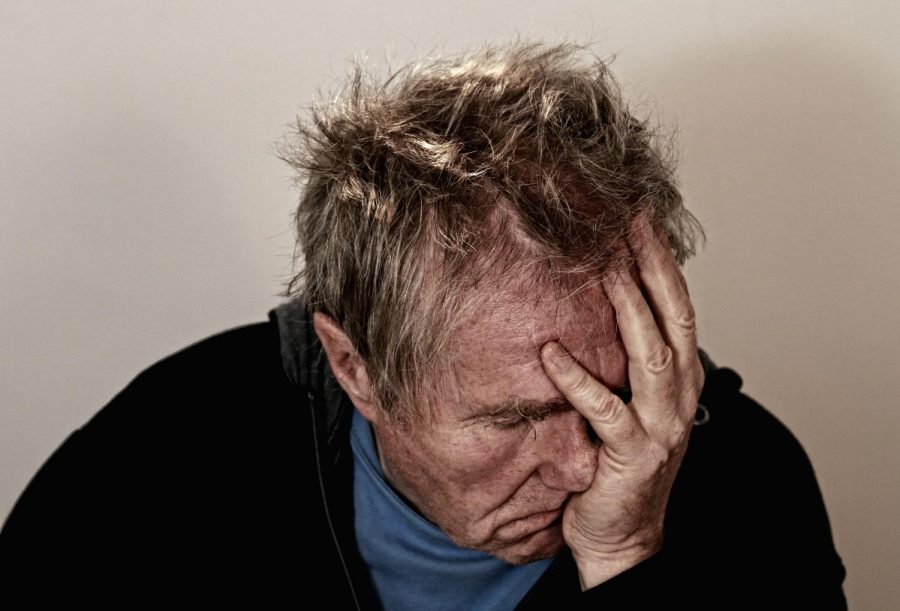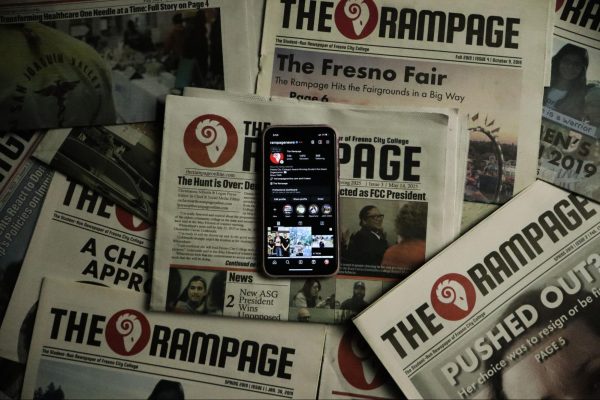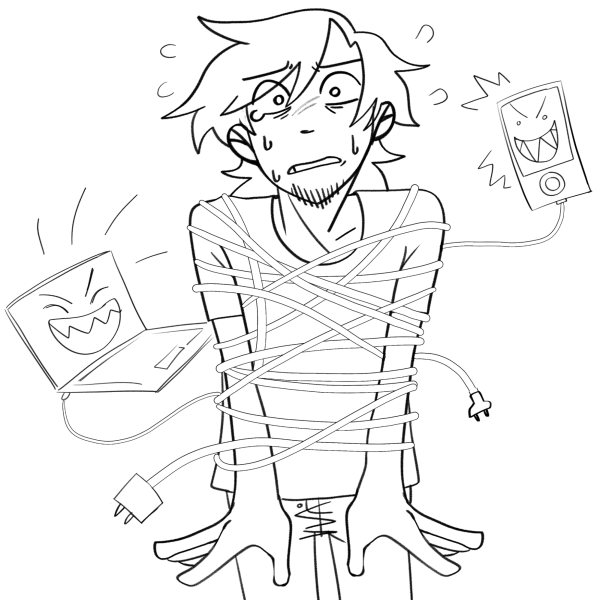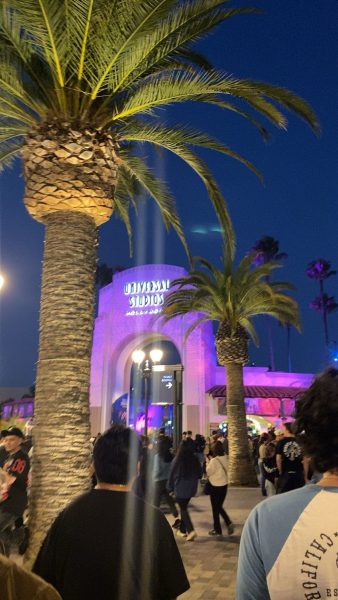Why Therapy Won’t Work If You’re Not Ready
When I decided to treat therapy as my recovery rather than my chore, I realized I wasted my teenage years being a misery factory. Soon enough, therapy became my new safe place.
At 15 years old, I saw a therapist for the first time. I had no desire to understand why I was clinically depressed and anxious, but therapy felt like the right place to start.
I remember my therapist asked the typical questions. “What brings you here?” I sat in silence thinking, “Well if I knew, why would I be here?” I was angry, I had no desire to be a teenager in therapy.
I wanted to be normal and do “normal” things like my friends. I didn’t want to worry about what my emotions meant.
After my first few sessions, I was convinced that my first therapist was definitely my last. I felt that therapy served no purpose to my growth, but in reality I was not ready for help. When I thought I was fine, I was struggling internally. Asking for help did not make me weak, it showed my strength to better myself. But for some reason, my brain wouldn’t allow me to think otherwise.
When I was 19, I realized that part of being an adult was going to involve working on my personal and professional communication within all my relationships in my life. I had childhood traumas to expose myself to and I had unhealthy coping mechanisms to let go of.
Therefore, I gave therapy one more try. As I sat across from my second therapist, I felt as if she was reading out of a self-help book. I didn’t believe anything coming out of her mouth. What made her qualified enough to change my life? Her Ph.D? Nothing seemed beneficial enough for me to find healing. I felt completely lost.When I was 20, I decided that I had grown. I realized that it wasn’t that therapy didn’t work for me, I was too pessimistic to work hard enough for therapy.
Finally after going into my third therapist, the light switch that had been broken was finally turned back on.
There was two major reasons for my new optimism:
First, my therapist was a perfect match for me, her approach and treatment plan to push me forward was clear enough to motivate me. It was not even a matter of “Will this work?” It was the first time that my therapist had instilled in me that growth was a two way communication and it was time for me to grow up.
Second, but most importantly, I learned that a therapist cannot do their job effectively if the person seeking help isn’t actually ready to surrender.
When I opened my mind up to the idea of being mindful, I was able to be more present. Being present allowed me to process my healing. Through my healing, I found the bravery in being soft.
Now as a 21-year-old, I have not mastered the skills to life. However, I have found tools in therapy that allow me to grow, to heal, and to communicate effectively in all my relationships.
There is no timestamp to seeking help. When you know, you’ll know.






